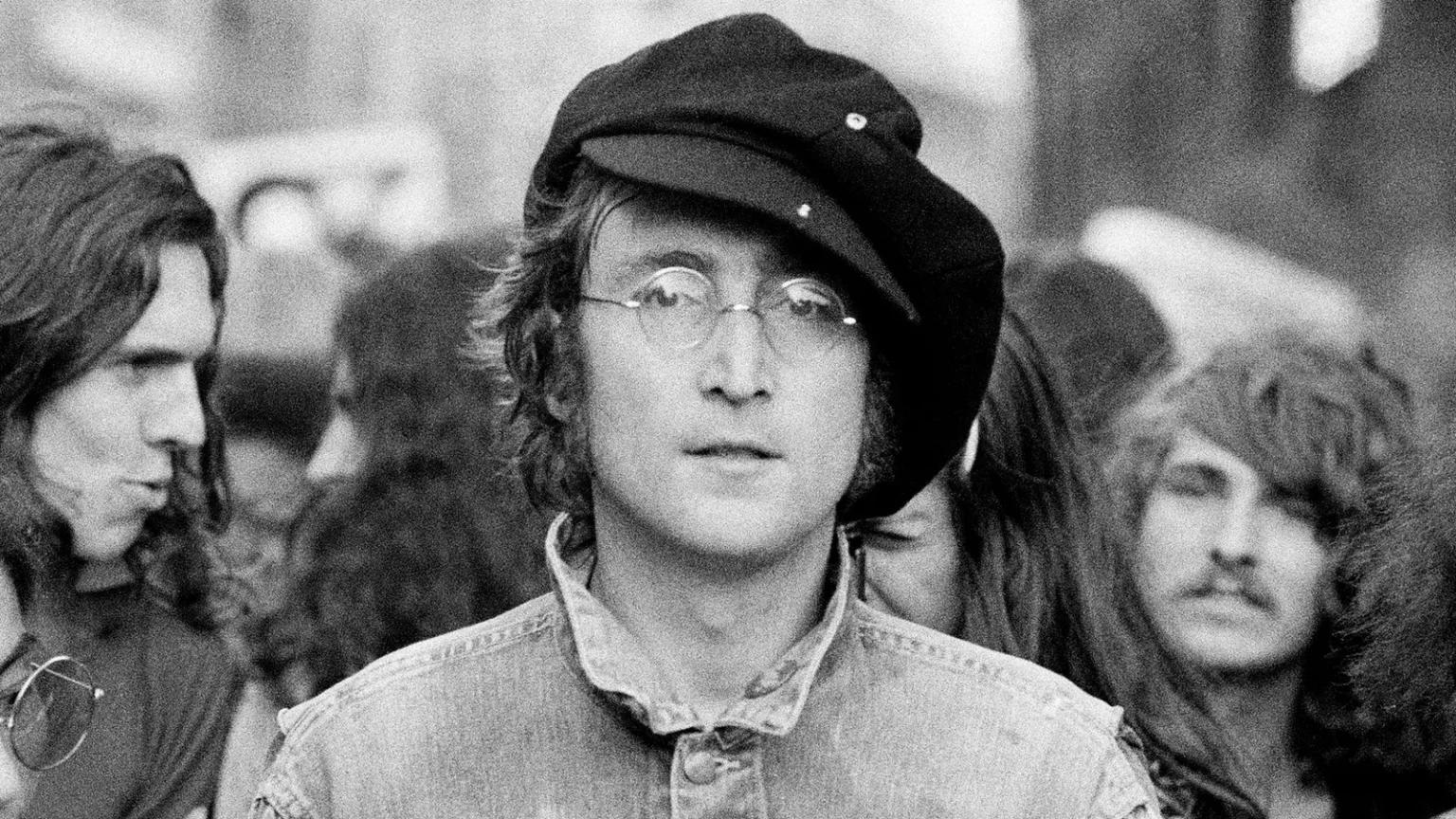On December 8, 1980, the world lost John Lennon to a senseless act of violence outside his New York City home. Since then, Beatles enthusiasts have pondered the band’s alternate path if Lennon lived. A recently discovered 1975 BBC interview sheds light on what might have been.
Beatle John Lennon encountered his eventual murderer, Mark Chapman, twice on that fateful day. Around 5 pm, the first meeting followed a radio interview promoting the new album “Double Fantasy.” Chapman, later convicted of Lennon’s murder, approached him for an autograph, turning the signed LP into a tragic relic auctioned for $1.5 million in 2020.
After signing the LP and taking a photo, Lennon and Yoko Ono headed to the recording studio to work on “Walking on Thin Ice.” Returning home around 10:30 pm, they decided to forgo dinner to bid goodnight to Lennon’s son Sean. As they approached the Dakota building, Chapman, armed with a copy of “Catcher in the Rye” and the signed LP, fatally shot Lennon.
The impact of Lennon’s murder reverberated globally, underscoring The Beatles’ profound cultural influence:
- Their music
- A defining soundtrack of an era
- Connected people amidst societal shifts
The question haunting fans is whether The Beatles would have reunited if Lennon had not been tragically killed. In a 1975 BBC interview, Lennon hinted at the possibility. Despite the band’s tumultuous breakup in 1970, subsequent years saw mellowing estrangements and creative collaborations. Lennon had collaborated with George Harrison and Ringo Starr, rekindling his friendship with Paul McCartney.
In the interview, Lennon expressed changing sentiments, from dismissing a reunion to contemplating its worthiness. He emphasized that it would be worth it if they wanted to create music together again, irrespective of critics’ opinions.
Lennon’s untimely death thwarted any chance of a physical Beatles reunion. However, his musical collaboration with the band didn’t end. Fourteen years posthumously, Yoko Ono presented a demo tape of Lennon’s 1978 songs labelled “For Paul” to the surviving Beatles.
The result was the release of “Free as a Bird” in 1995 and “Real Love” in 1996 – the first “new” Beatles singles since their breakup. Although an attempt to record “Now And Then” was abandoned due to poor recording quality, it resurfaced during Peter Jackson’s documentary on the 1969 Let It Be sessions.
In 2022, Paul and Ringo revisited the song, adding instrumental parts and backing vocals. A new string arrangement by Giles Martin completed the track, titled “Now and Then,” released this year and credited to all four Beatles. This poignant, contemplative piano ballad is a fitting final chapter to John Lennon’s extraordinary musical legacy.
As we explore this historical event, we delve into the nuances of Lennon’s insights, contemplating the unfulfilled potential of a Beatles reunion and the enduring impact of their timeless music.

